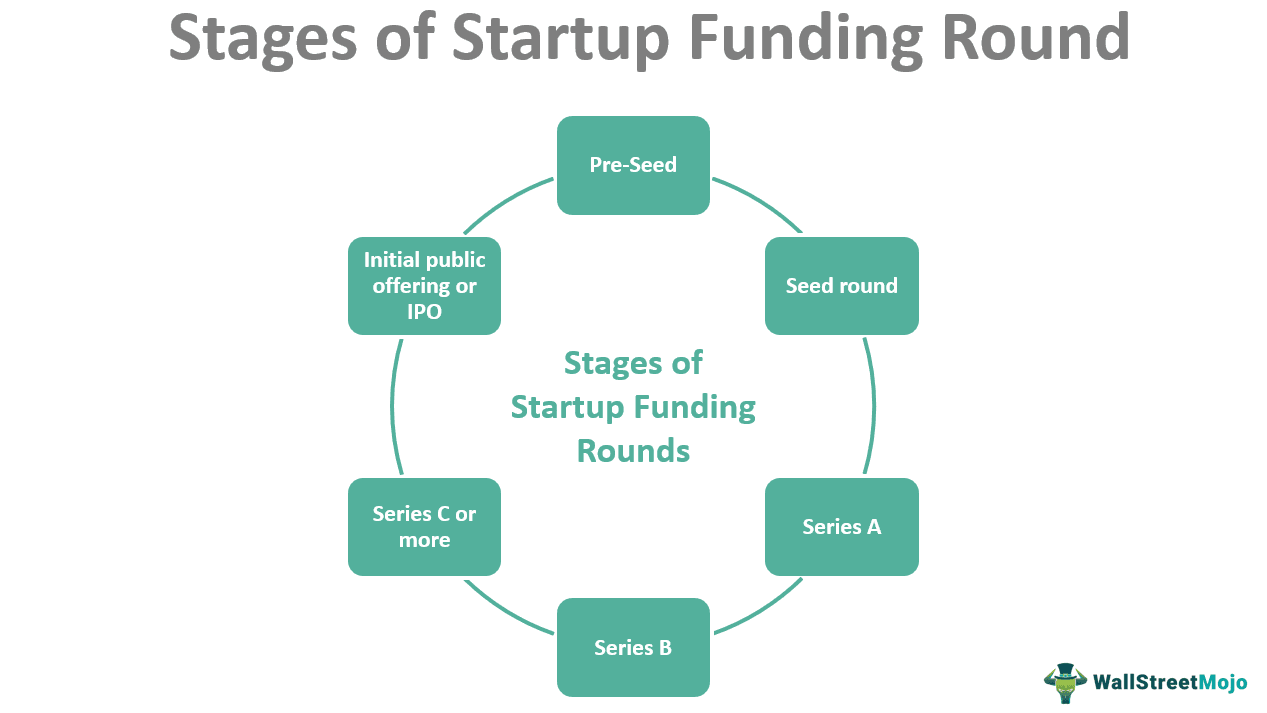
Embarking on the journey of starting your own business is an exhilarating adventure, filled with dreams of success and the thrill of creating something new. However, one of the most critical challenges you'll face is securing the necessary funding. Whether you're seeking grants, exploring crowdfunding, or pitching to investors, understanding the various types of funding for small business startups is essential. Let's dive into the world of financing and discover how you can turn your entrepreneurial dreams into a reality.
Understanding the Types of Funding for Small Business Startups
Grants: Free Money for Your Business
Grants are a form of financial assistance that you don't have to repay. They are often provided by government agencies, non-profit organizations, and corporations to support specific types of businesses or projects. Securing a grant can be competitive, but the effort is well worth it if you qualify.
- Government Grants: The Small Business Administration (SBA) offers a variety of grants for small businesses. Researching and applying for these grants can provide a significant boost to your startup.
- Corporate Grants: Many large corporations offer grants to support small businesses. For example, FedEx has a grant contest that awards funding to innovative small businesses.
Crowdfunding: Leveraging the Power of the Crowd
Crowdfunding platforms allow you to raise small amounts of money from a large number of people. This method not only provides financial support but also helps build a community around your business.
- Reward-Based Crowdfunding: Platforms like Kickstarter and Indiegogo allow you to offer rewards or perks in exchange for contributions. This can be an excellent way to validate your product idea and generate buzz.
- Equity Crowdfunding: Platforms like Wefunder and Seedrs allow you to offer equity in your company in exchange for investment. This can be a powerful way to raise significant capital.
Investors: Partnering with Venture Capitalists and Angel Investors
Investors provide funding in exchange for equity in your company. They can offer not only financial support but also valuable mentorship and industry connections.
- Venture Capitalists (VCs): VCs typically invest in high-growth, high-risk startups. They look for businesses with the potential for significant returns. Sequoia Capital is a well-known VC firm that has invested in companies like Apple and Google.
- Angel Investors: Angel investors are high net worth individuals who invest in early-stage startups. They often provide smaller amounts of seed capital but can offer valuable guidance and connections.
Seed Capital: Planting the Seeds of Success
Seed capital is the initial funding that helps you get your business off the ground. It can come from various sources, including personal savings, friends and family, and angel investors.
- Friends and Family: Often, the first investors in your business are the people closest to you. They believe in your vision and are willing to support you financially.
- Angel Investors: As mentioned earlier, angel investors are a common source of seed capital. They can provide the initial funding you need to develop your product or service.
Financing: Traditional and Alternative Options
Financing involves borrowing money that you will repay over time, often with interest. There are various financing options available, from traditional bank loans to alternative lending platforms.
- Bank Loans: Traditional bank loans can provide the capital you need to start or grow your business. The SBA offers various loan programs designed for small businesses.
- Alternative Lending: Platforms like Kabbage and OnDeck offer alternative lending options with more flexible terms and faster approval processes.
Strategies for Securing Funding
Crafting a Compelling Business Plan
A well-crafted business plan is essential for securing funding. It should clearly outline your business idea, market analysis, financial projections, and growth strategy. Investors and lenders want to see that you have a solid plan for success.
Building a Strong Pitch
Your pitch is your opportunity to sell your business idea. It should be concise, engaging, and highlight the unique value proposition of your business. Practice your pitch until you can deliver it confidently and effectively.
Networking and Building Relationships
Networking is a crucial part of securing funding. Attend industry events, join online communities, and connect with potential investors and mentors. Building strong relationships can open doors to funding opportunities.
Leveraging Online Resources
There are numerous online resources available to help you secure funding. Platforms like AngelList connect startups with investors, while Gust provides tools for managing your fundraising efforts.
Conclusion: Turning Your Dreams into Reality
Securing funding for your small business startup is a challenging but rewarding journey. Whether you're applying for grants, launching a crowdfunding campaign, or pitching to investors, understanding the various types of funding and employing effective strategies can significantly increase your chances of success. Remember, every successful business started with a dream and the determination to make it a reality.
Now that you have a comprehensive guide to securing funding, it's time to take action. Start by researching the funding options that best fit your business needs. Craft a compelling business plan and pitch, and begin building relationships with potential investors and mentors. With dedication and perseverance, you can turn your entrepreneurial dreams into a thriving business.
FAQs
What is the difference between grants and loans?
- Grants are non-repayable funds, often provided by government agencies or non-profit organizations. Loans, on the other hand, are borrowed funds that must be repaid with interest.
How do I know if my business is eligible for a grant?
- Eligibility criteria for grants vary depending on the grant provider. Research the specific requirements for the grants you are interested in and ensure your business meets the criteria.
What is the best platform for crowdfunding?
- The best platform for crowdfunding depends on your business and fundraising goals. Kickstarter and Indiegogo are popular for reward-based crowdfunding, while Wefunder and Seedrs are good options for equity crowdfunding.
How do I find angel investors?
- You can find angel investors through online platforms like AngelList, industry events, and networking with other entrepreneurs and investors.
What should I include in my business plan?
- A comprehensive business plan should include an executive summary, company description, market analysis, organizational structure, service or product line, marketing and sales strategy, and financial projections.


Posting Komentar